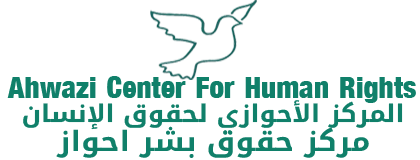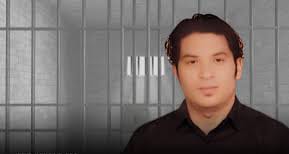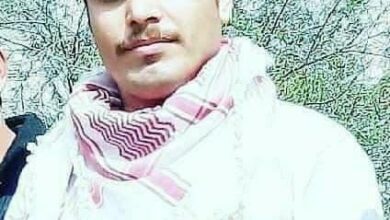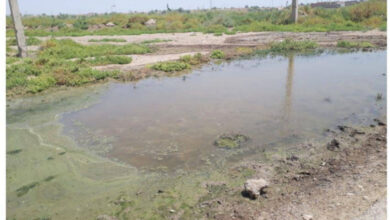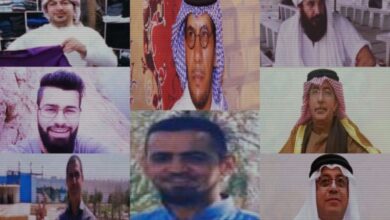Al-Ahwaz: Change of school to intelligence department despite of wide spread illiteracy
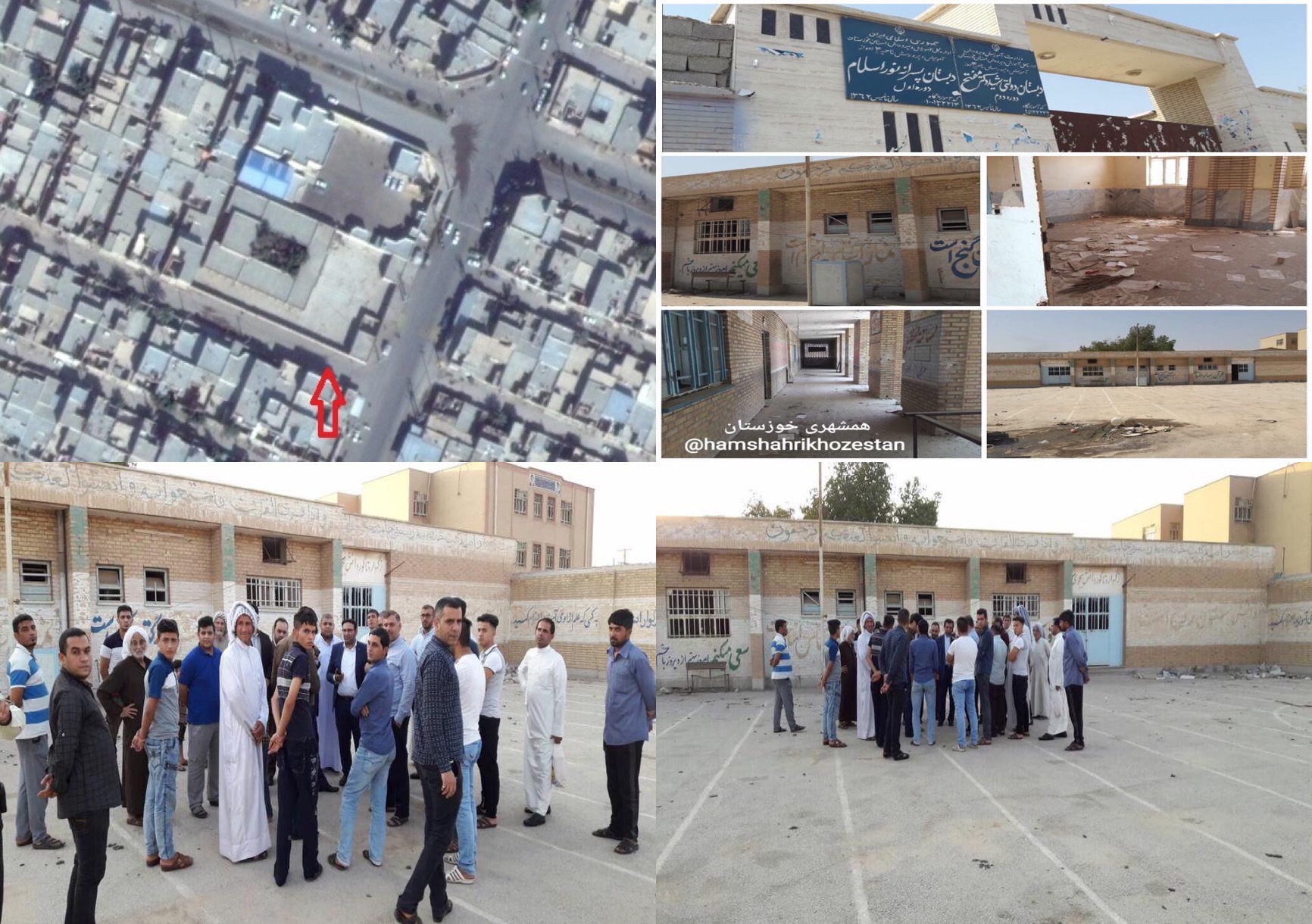
In an unprecedented step, The Iranian authorities turned a school for Ahwazi Arab students into a intelligence department in Ahwaz capital in recent days of September 2017.
The crimes have taken place by the order of the General Director of the Province’s Education as well as Ahwazi Governor with the opinion of the Ahwaz Security Council Chief, Mofattah’s primary school in Alawi neighbourhood of Ahwaz capital, became a intelligence department station.
Reliable source quoted to Ahwazi Centre for Human Rights (ACHR), that Mofattah’s primary school is located in a most deprived district of Ahwaz capital, where more than 1,000 Ahwazi student are study in the morning and evening times.
Fadhil Khamisi, head of the education department in Ahwaz, confirmed to “Hamshahri” news agency that the Iranian authorities were demolished the school and turned it into a intelligence department in Alawi (Al-Thawra) neighbourhood. “This elementary school is a donation (endowment) from one of the good people in the region, which is offered to be a primary school for Ahwazi students and not to turn into a police station.” Mr. Khamisi said.
One of the teachers in the region, who was teaching in Mofattah’s primary school until the end of 2006, heard from the school president that at a meeting in the area one of education department in Ahwaz capital after an Ahwazi Intifada in 2005 taken place, that the security officials were concerned and very angry about the role of primary schools’ students of Mofattah and “Abrar” in the protests.
Many Ahwazi Arab activists expressed to ACHR that the aim behind turning the school to intelligence department is to spy on Ahwazi political and cultural activists and its completely secure and ambiguous intelligence place that will be used to torture the Ahwazi detainees by Iranian intelligence service.
The demolition action, unlike the policy of renovation and development of the educational environment of the province, which is severely encountered by the lack of educational space and dropped it to level 30 in all Iran, has been faced with widespread opposition from the public and social activists, and has created a number of protests on the eve of the beginning of the school year.
The sons of the person who donated the piece of land to be a school in the Al-Thawra neighbourhood, called on delegates in the Iranian parliament to address the move, which they considered a legal and legitimate violation of what their father had recommended years ago.
The rate of illiteracy among Ahwazi Arabs is four times the national average in Iran. Illiteracy among men is 30-40% and among rural women it is as high as 80%. The result is generations of poorly educated Ahwazi Arabs with little hope of social mobility or economic improvement.
Low levels of literacy exacerbate the problem of poverty, which has fuelled social unrest in the Al-Ahwaz region. Although presidential candidates, including President Rouhani, and politicians have all pledged to improve native language education, no progress has been made in securing Ahwazi Arabs’ constitutional right to linguistic equality.
Human rights activists said that such practices are contrary to the commitments of the Iranian state to the “Aim 4” program launched by the United Nations Educational, Scientific and Cultural Organization (UNESCO), which requires signatory states to abide by all its provisions, including building educational facilities and creating an effective, safe and non-violent educational environment.
Ahwazi Centre for Human Rights
